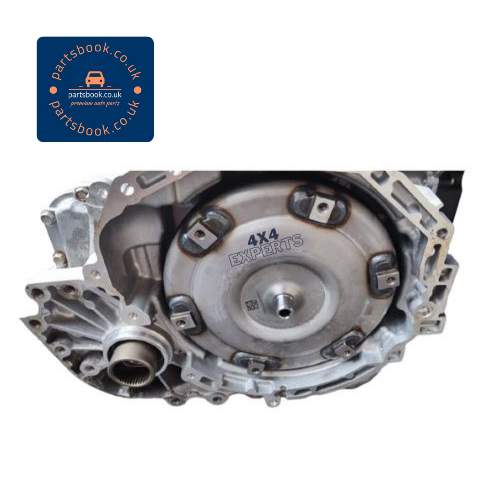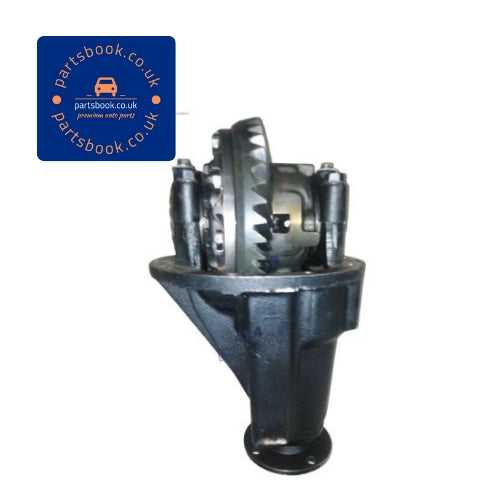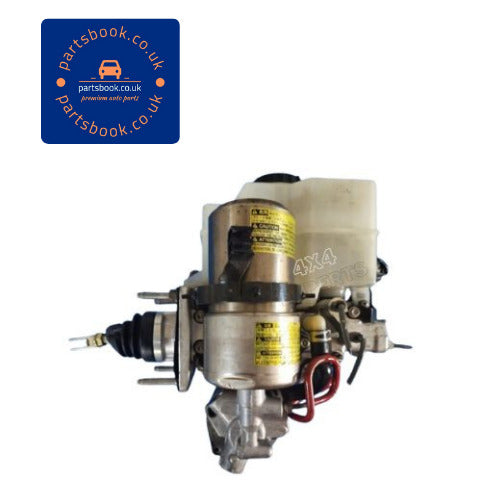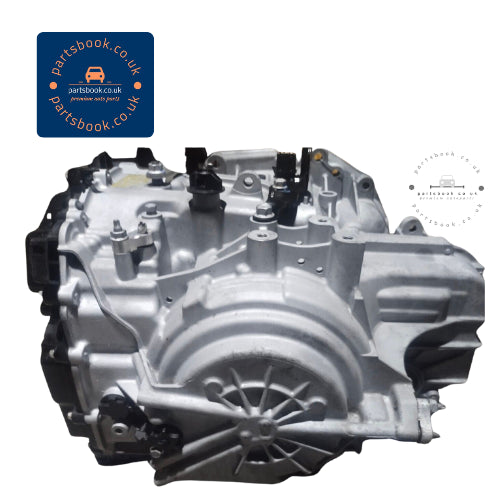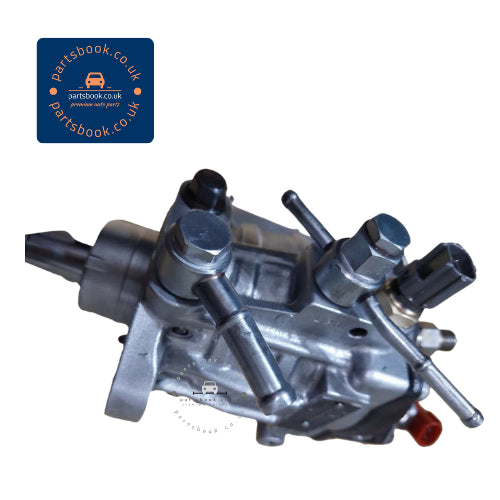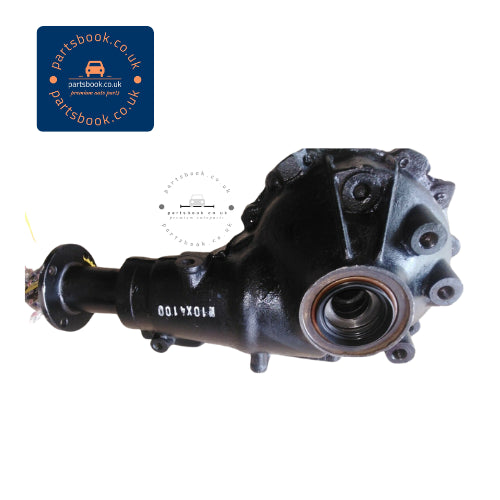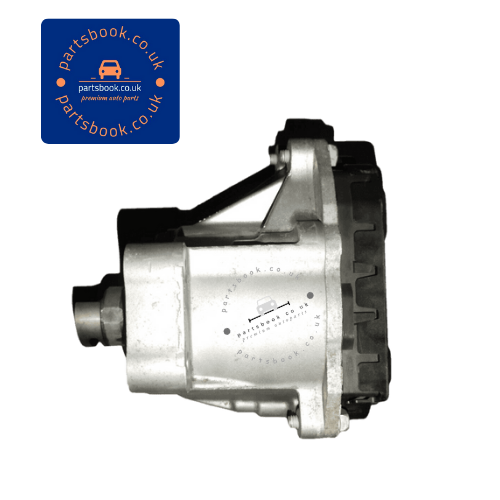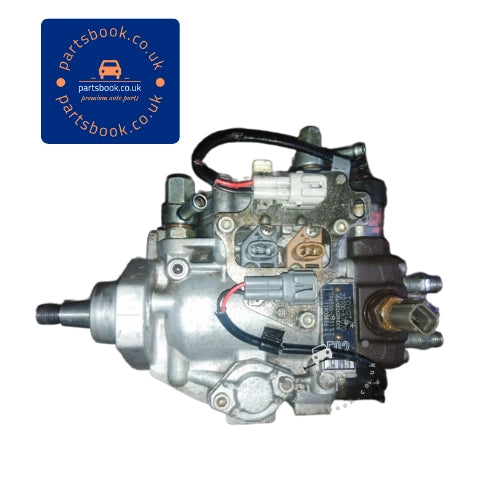The Nissan Juke has carved its niche with a perfect blend of bold design and spirited performance. As drivers, we appreciate not just the aesthetic appeal and dynamic driving experience but also the economic efficiency that comes with it. In this comprehensive guide, we delve into the intricacies of Nissan Juke fuel mileage—unraveling the factors influencing it, offering insights into improving efficiency, and providing practical tips to make the most of every drop of fuel.
Nissan Juke Fuel Mileage:

Fuel mileage, often expressed in miles per gallon (MPG) or litres per 100 kilometres (L/100km), is a critical metric for drivers seeking an economical and environmentally conscious driving experience.
Average Fuel Mileage for Nissan Juke:
The Nissan Juke, known for its efficient use of fuel, generally achieves an average fuel mileage of around 28 to 32 MPG (approximately 8.4 to 7.4 L/100km), depending on the model year, engine type, and driving conditions. The Juke's fuel efficiency places it competitively in the compact crossover segment, making it an appealing choice for those mindful of both performance and fuel consumption.
Factors Influencing Fuel Mileage:
- Engine Type: The Juke offers different engine options across model years, including both naturally aspirated and turbocharged variants. Turbocharged engines, while delivering enhanced performance, may have slightly different fuel efficiency compared to their non-turbo counterparts.
- Driving Habits: Individual driving habits significantly impact fuel mileage. Aggressive acceleration, abrupt braking, and high-speed driving can decrease fuel efficiency. Adopting smooth driving practices contributes to better mileage.
- Maintenance: Regular maintenance, including timely oil changes, air filter replacements, and maintaining proper tire pressure, plays a crucial role in optimizing fuel efficiency. A well-maintained Juke tends to deliver better mileage.
- Terrain and Conditions: Driving conditions such as traffic congestion, hilly terrains, or extreme weather can influence fuel efficiency. Stop-and-go traffic and challenging terrains may lead to increased fuel consumption.
Improving Nissan Juke Fuel Efficiency:
- Regular Maintenance: Adhering to the manufacturer's recommended maintenance schedule is key to preserving the Juke's efficiency. This includes oil changes, air filter replacements, and other routine checks.
- Proper Tire Maintenance: Keeping tires properly inflated not only enhances safety but also improves fuel efficiency. Underinflated tires create more resistance, requiring more fuel to propel the vehicle.
- Smooth Driving Practices: Gradual acceleration, moderate speeds, and smooth braking contribute to better fuel efficiency. Avoiding sudden movements and maintaining a consistent speed on highways can positively impact mileage.
- Lighten the Load: Carrying unnecessary weight in the vehicle can decrease fuel efficiency. Regularly remove items from the trunk or interior that are not essential for the journey.
Practical Tips for Nissan Juke Drivers:
- Utilize Cruise Control: On long highway stretches, use cruise control to maintain a constant speed, reducing the need for frequent acceleration and deceleration.
- Choose Optimal Routes: Plan your routes to avoid heavy traffic and consider road conditions. Optimal routes with smoother traffic flow contribute to better fuel efficiency.
- Hybrid Driving Techniques: Incorporate hybrid driving techniques, such as coasting when possible and anticipating stops to minimize the need for sudden braking.
- Fuel Additives: Consider using fuel additives that claim to improve fuel efficiency. However, ensure they are compatible with your vehicle and consult your vehicle's manual for guidance.
Conclusion:
The Nissan Juke's fuel mileage is a crucial aspect that enhances the overall ownership experience. Understanding the factors influencing fuel efficiency, adopting proactive maintenance practices, and incorporating fuel-saving driving habits are integral to maximizing the journey while minimizing fuel consumption. As we embark on the road with our Nissan Juke, let's not only revel in its dynamic design but also appreciate the efficiency that makes every mile a delightful and economical adventure.
FAQs
What is the average fuel mileage for a Nissan Juke?- Answer: The Nissan Juke typically achieves an average fuel mileage of around 28 to 32 miles per gallon (MPG) or approximately 8.4 to 7.4 litres per 100 kilometres (L/100km), depending on factors such as the model year, engine type, and driving conditions.
- Answer: Improving fuel efficiency involves maintaining regular vehicle maintenance, ensuring proper tire pressure, adopting smooth driving practices, and planning optimal routes to avoid heavy traffic. These measures contribute to maximizing fuel mileage.
- Answer: Yes, the fuel efficiency of the Nissan Juke can vary slightly between different engine types. Turbocharged engines may offer enhanced performance but could have marginally different fuel efficiency compared to non-turbo variants.
- Answer: Several factors impact fuel mileage, including individual driving habits, maintenance practices, terrain, and driving conditions. Aggressive driving, inadequate maintenance, and challenging terrains can decrease fuel efficiency.
- Answer: Yes, adopting fuel-saving driving habits such as gradual acceleration, maintaining a consistent speed on highways, utilizing cruise control on long stretches, and anticipating stops for smoother driving can positively impact the fuel efficiency of your Nissan Juke.


